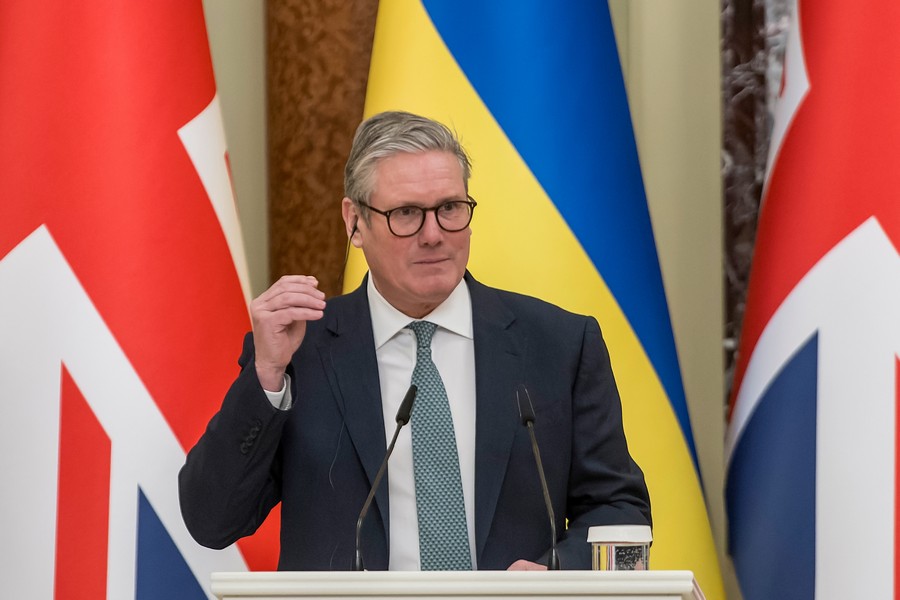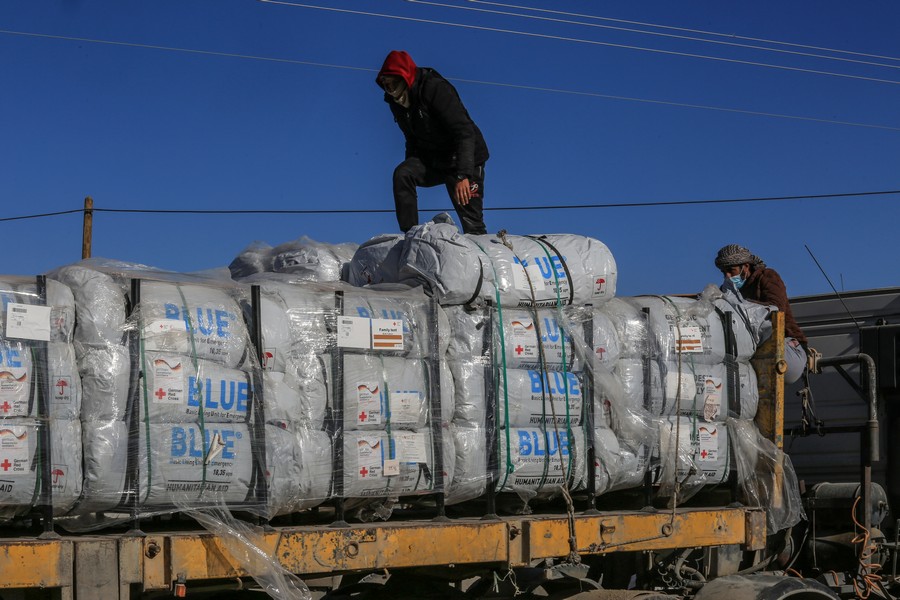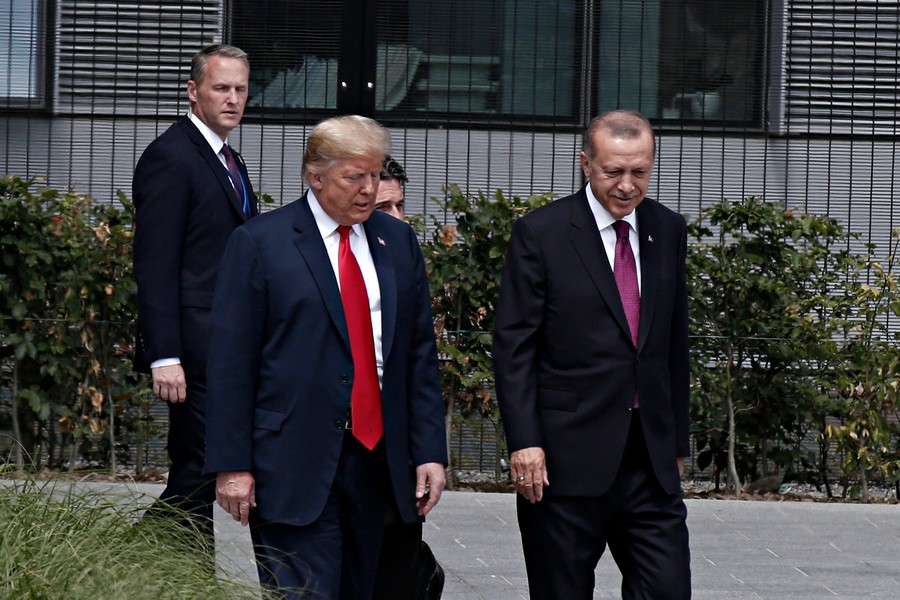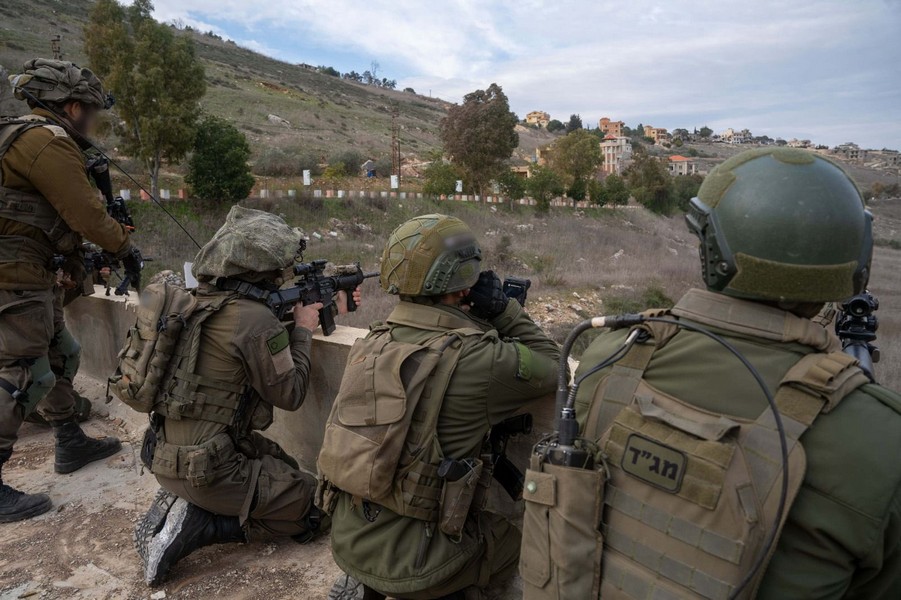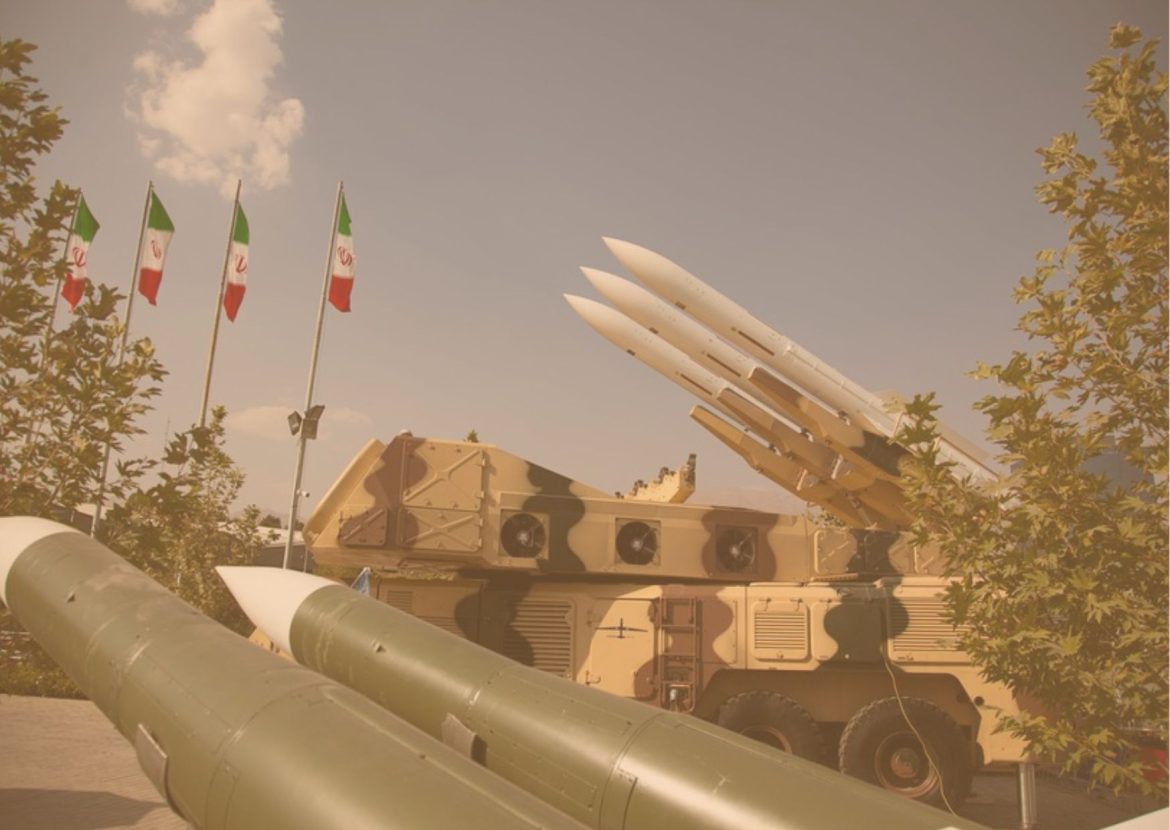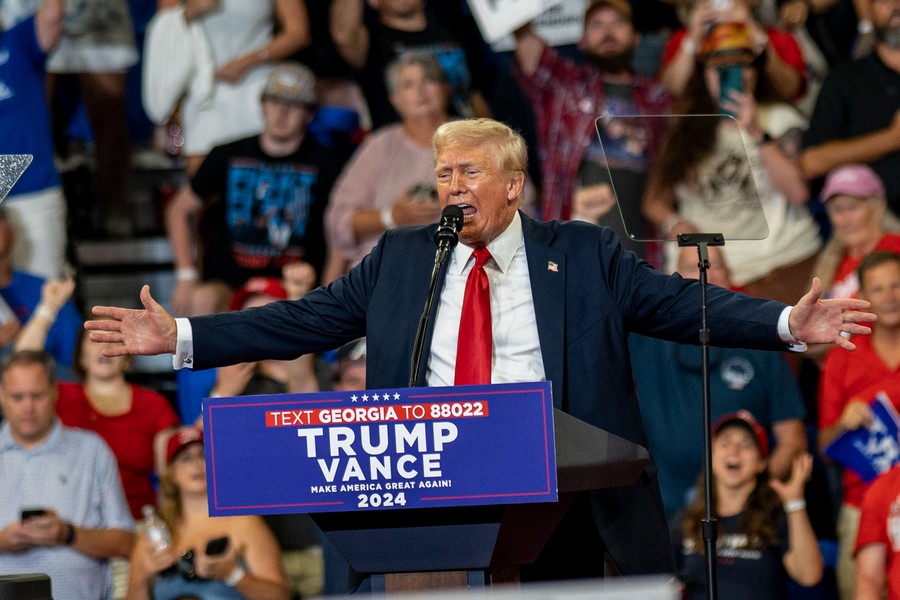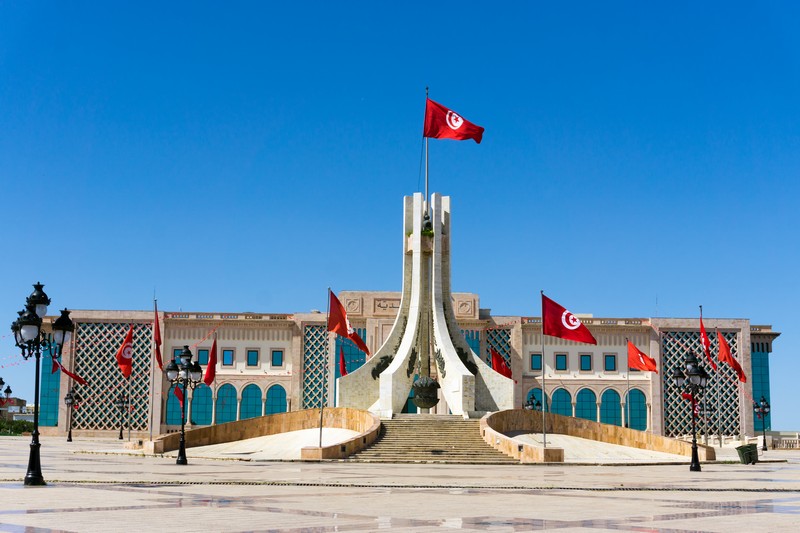In 2022 Sir Keir Starmer, then leader of the opposition, boycotted the football World Cup in Qatar due to the country’s appalling human rights record. Two years later, he invited the Emir to tea and scones at 10 Downing Street, hosting his first state visit as Prime Minister.
During that meeting, Starmer hailed the “strong relationship” between the two countries, commending “Qatar’s leadership” in the Middle East. The meeting came on the back of a £1 billion Qatar investment in British climate technology.
As Britain trumpets its role in promoting peace and stability in the Middle East, while repeatedly lecturing Israel on international law, it shows a remarkable tolerance for Qatar’s rather questionable role in the region and dubious human rights record at home.
Qatar likes to present itself as an honest broker and partner for peace but the reality is rather different. Doha is an enabler of Islamic extremism, the primary patron of Hamas and the Muslim Brotherhood, by offering Qatar as a base and providing financial, ideological and media support, while also serving as a leading purveyor of anti-Western propaganda through its sponsorship of Al Jazeera. It is the very antithesis of what this British government purports to stand for.
Qatar’s duplicity became particularly evident after the October 7 massacre, when Hamas launched the deadliest single-day attack against Jews since the Holocaust. As the world recoiled in horror, as Israeli (and British) hostages remained captive and with Gaza in ruins, Hamas leaders watched it all unfold from the comfort of five-star hotels in Doha, providing a safe haven for those who orchestrated the carnage.
We need to be crystal clear: Qatar is no bystander here. Along with Iran, it is the leading patron and financial sponsor of Hamas, funneling at least £1.5 billion to the UK-designated terror group since 2012, according to a Deutsche Welle investigation. Hamas spent billions to build its terrorist infrastructure, including tunnels, weapons and October 7 war plans.
While states like the United Arab Emirates and Bahrain are forging ahead with normalisation plans and regional integration with Israel under the Abraham Accords, Qatar remains intransigent in its rejectionism, inflammatory rhetoric and support for Hamas.
As foreigners often confuse Qatar’s glitzy skyscrapers with Western values, the country’s human rights records is deplorable. While Qatari citizens are among the wealthiest in the world, most of the population are non-citizens with no political rights and few civil liberties, according to Freedom House, which calls Qatar one of the least free countries in the world. Leading human rights organisations have also accused Qatar of “slavery” and “forced labour”, particularly prior to the 2022 FIFA World Cup, where it is estimated that some 6,500 migrants died in preparation of the tournament and events.
Meanwhile, the Gulf behemoth continues to buy up real estate, turning parts of London into “Little Doha”, to pour billions of pounds into British investments and universities, and to disseminate extremist propaganda through its state-funded Al Jazeera channel, broadcasting freely from London.
At the same time Israel, a loyal and democratic ally in the fight of her life to rescue hostages being held captive by Qatari-sponsored Hamas jihadists, is bearing the brunt of British lecturing on compliance with international law, sanctions and arms embargoes – none of course which apply to Qatar.
This is not only a moral contradiction, but a glaring policy failure, that undermines Britain’s own national security and stated commitment to promoting peace in the Middle East.
Given the flood of money into the UK from Doha, the Starmer government and the British parliament ought to initiate an inquiry into Qatari funding, to ensure transparency and safeguard against foreign influence operations, in a similar way they had done against Russia.
At the same time Al Jazeera, which has already been banned by a number of Gulf and other Arab countries including Egypt, Saudi Arabia and the UAE over supporting incitement and terror, as well as Israel, after Hamas and Islamic Jihad terrorists were caught by the IDF masquerading as journalists, cannot continue operating unabated in the UK.
The UK should also insist that Qatar take verifiable steps to improve its abysmal human rights record and pressure Hamas to release the remaining hostages.
Simply put, the UK cannot credibly claim to oppose terrorism while embracing those who promote extremism. Nor can it support peace and stability in the Middle East while turning a blind eye to those who bankroll terrorists.
If Britain is serious about standing up for the rule of law and promoting peace in the Middle East, it must stop courting Qatar and start treating it as the duplicitous actor it is.
Published in The Jewish Chronicle, April 07, 2025.




